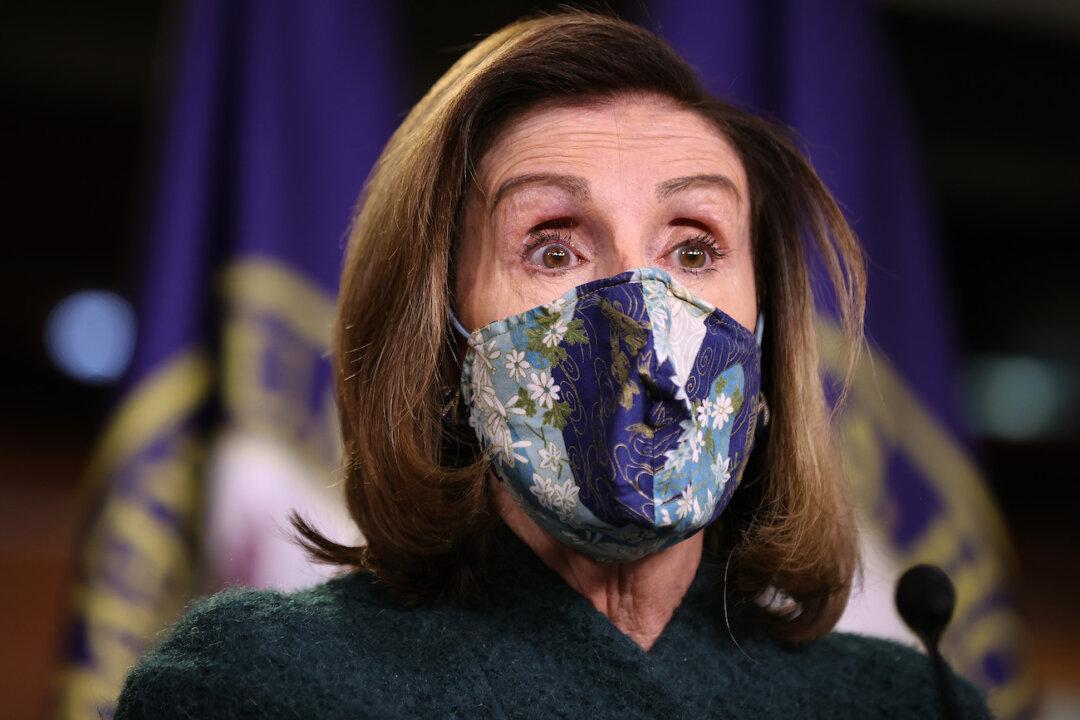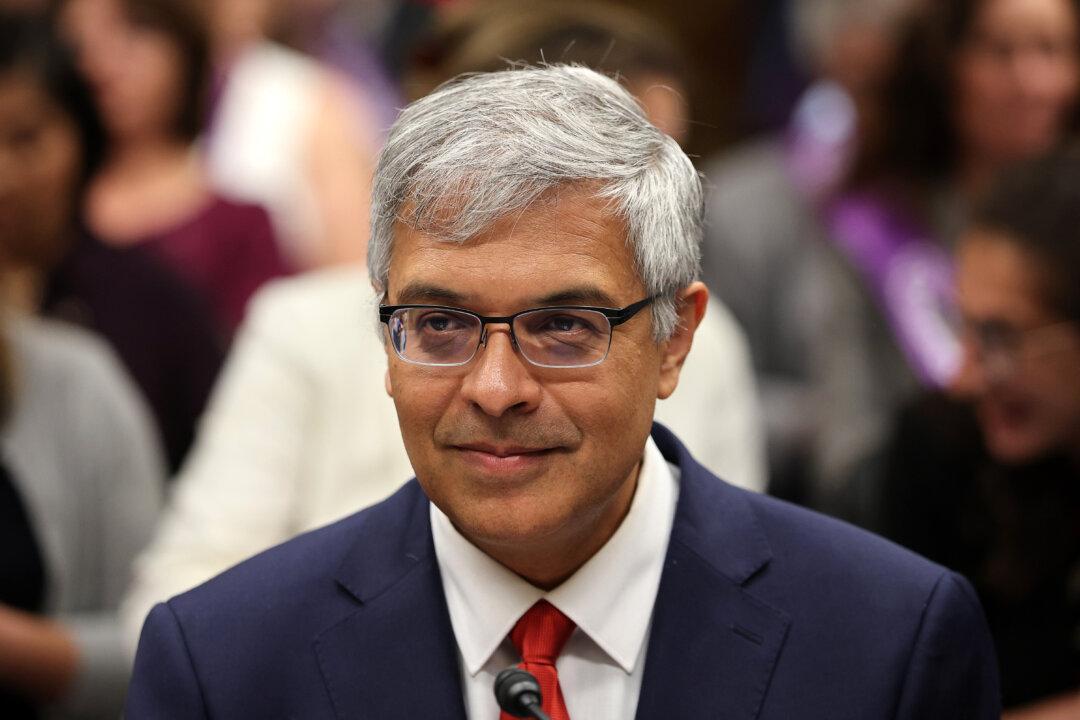The House of Representatives approved a budget resolution that would allow Congress to pass President Joe Biden’s CCP virus relief package without Republican backing.
The 218–212 vote on Feb. 3 was entirely along party lines, except for two Democrats, Reps. Ed Case (D-Hawaii) and Jared Golden (D-Maine), who sided with Republicans against the resolution. Rep. Ron Wright (R-Texas) missed the vote.





